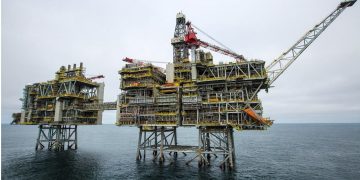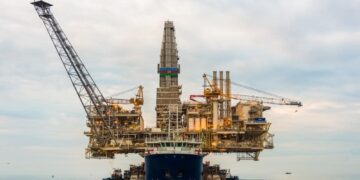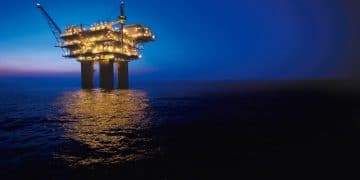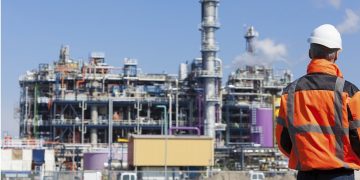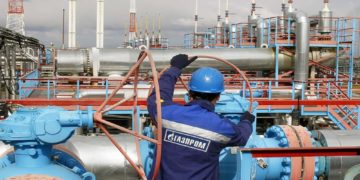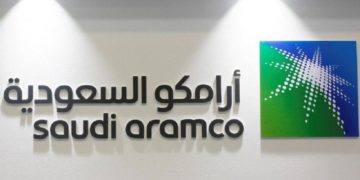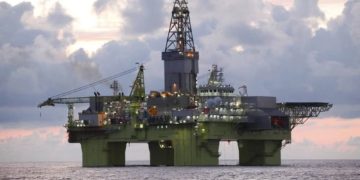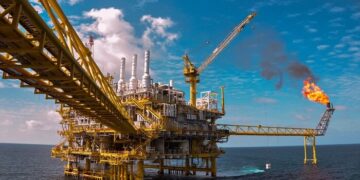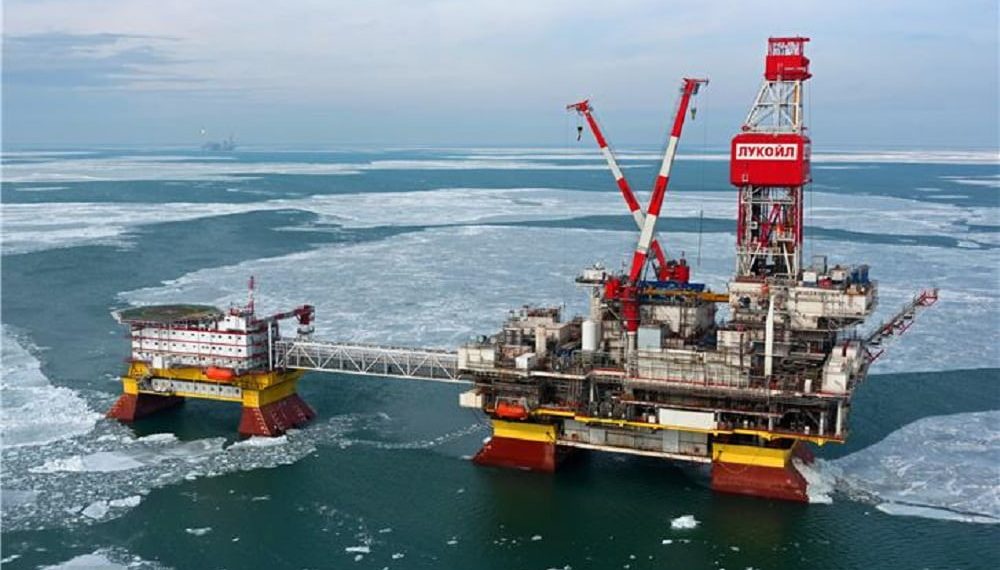Russia’s Lukoil has reaffirmed its plan to start development drilling at the Grayfera oilfield in Russia’s Caspian Sea waters before the end of this year, despite the pressure of international sanctions against the company.
Vice president Gleb Ovsyannikov told an industry conference in the West Siberian city of Tyumen this week that that the privately held oil producer has also not changed the development schedule for the other undeveloped fields within its large Caspian Sea block, and is lining up the Kuvykina field as its next target.
According to an earlier company presentation, a plateau production of 25,000 barrels per day is expected to be achieved in 2025 from Grayfera, which holds estimated recoverable reserves of about 290 million barrels of oil and 33 billion cubic metres of gas.
The production plans include a total of 16 deviated development wells, which are to be drilled from a stationary offshore platform that is anticipated on stream soon.
The topsides for the platform have been installed on the foundation at a production site in the Caspian Sea, after being towed from a yard near Astrakhan in July.
As well as the main drilling and production platform, the Grayfera offshore facilities also include a smaller living quarters platform that was also built at Astrakhan.
A mixture of produced oil, condensate and associated gas will be sent to shore from Grayfera into the existing pipeline network that runs from Lukoil’s two producing assets nearby, Filanovskogo and Korchagina,.
The onshore processing facilities will then send high quality light oil from Lukoil’s Caspian fields for export to foreign customers via Caspian Pipeline Consortium’s marine terminal near the Russian port of Novorossiysk on the Black Sea.
At Lukoil’s next development target on the Caspian Sea block, Kuvykina, production start-up is anticipated in 2029 for the field, which holds estimated recoverable reserves of 205 million barrels of oil and about 231 Bcm of gas.
Earlier this year, Lukoil founder and former president Vagit Alekperov — who resigned in April — said the company was “rethinking” its investment programme for its Caspian assets, because international restrictions imposed following Russia’s invasion of Ukraine had affected the delivery of foreign-made equipment and the use of Western contractors.
A group of Italian contractors, led by engineering giant Saipem, had traditionally provided offshore pipelay and some some fabrication services to Lukoil in the Caspian and Baltic seas.
The international sanctions have also hit Lukoil’s ambitions outside Russia.
In August, Norway’s Aker Energy delayed the submission of a development programme for the Pecan field in the Deepwater Tano/Cape Three Points licence area offshore Ghana, where it holds a majority stake of 50%.
Aker Energy argued it could not submit the programme while Lukoil remains a member of the international consortium formed to develop the asset.
Aker Energy’s decision provoked a sharp reaction from Lukoil, which holds a 38% stake in Pecan and interests in several other developments offshore West Africa.
Lukoil said in a statement on a social media network that Aker Energy’s explanation of the delay was “devoid of any legal grounds”.




